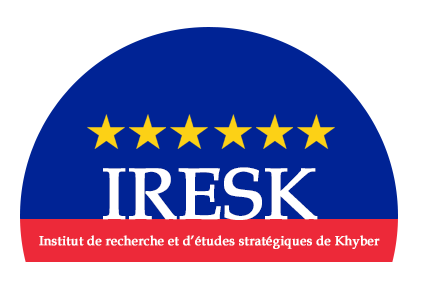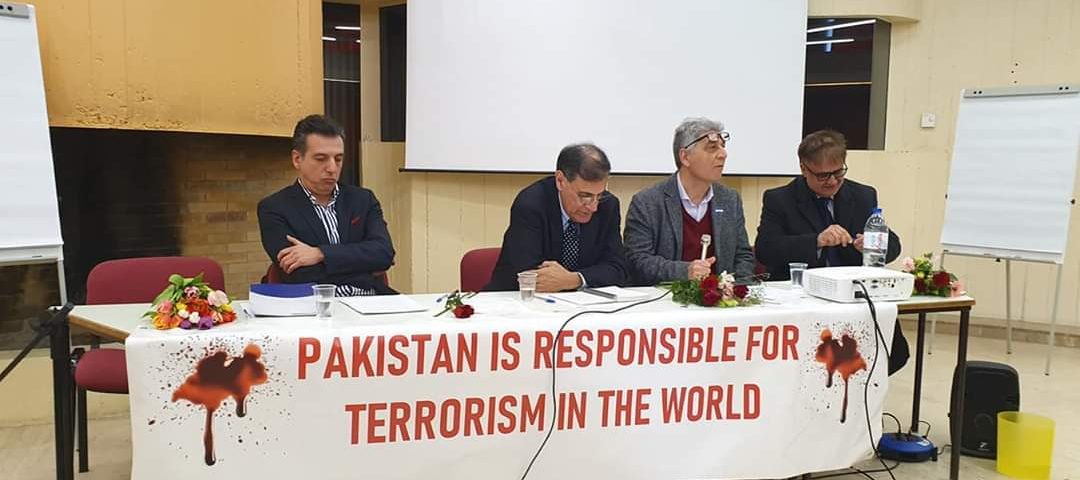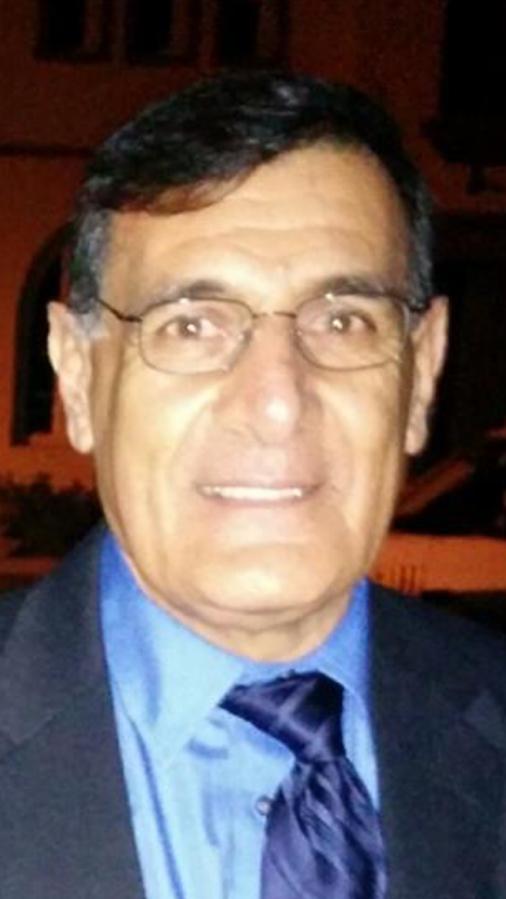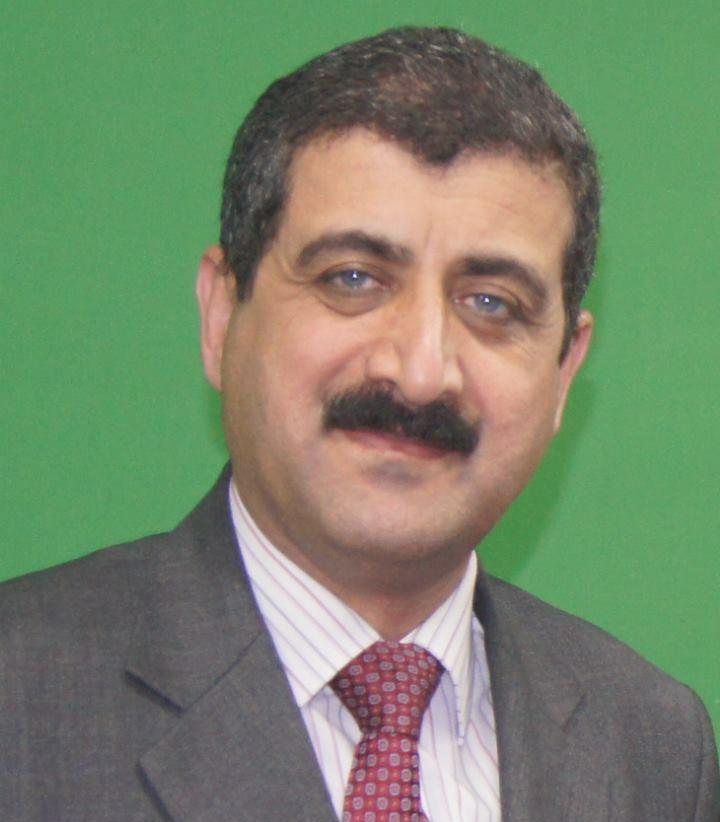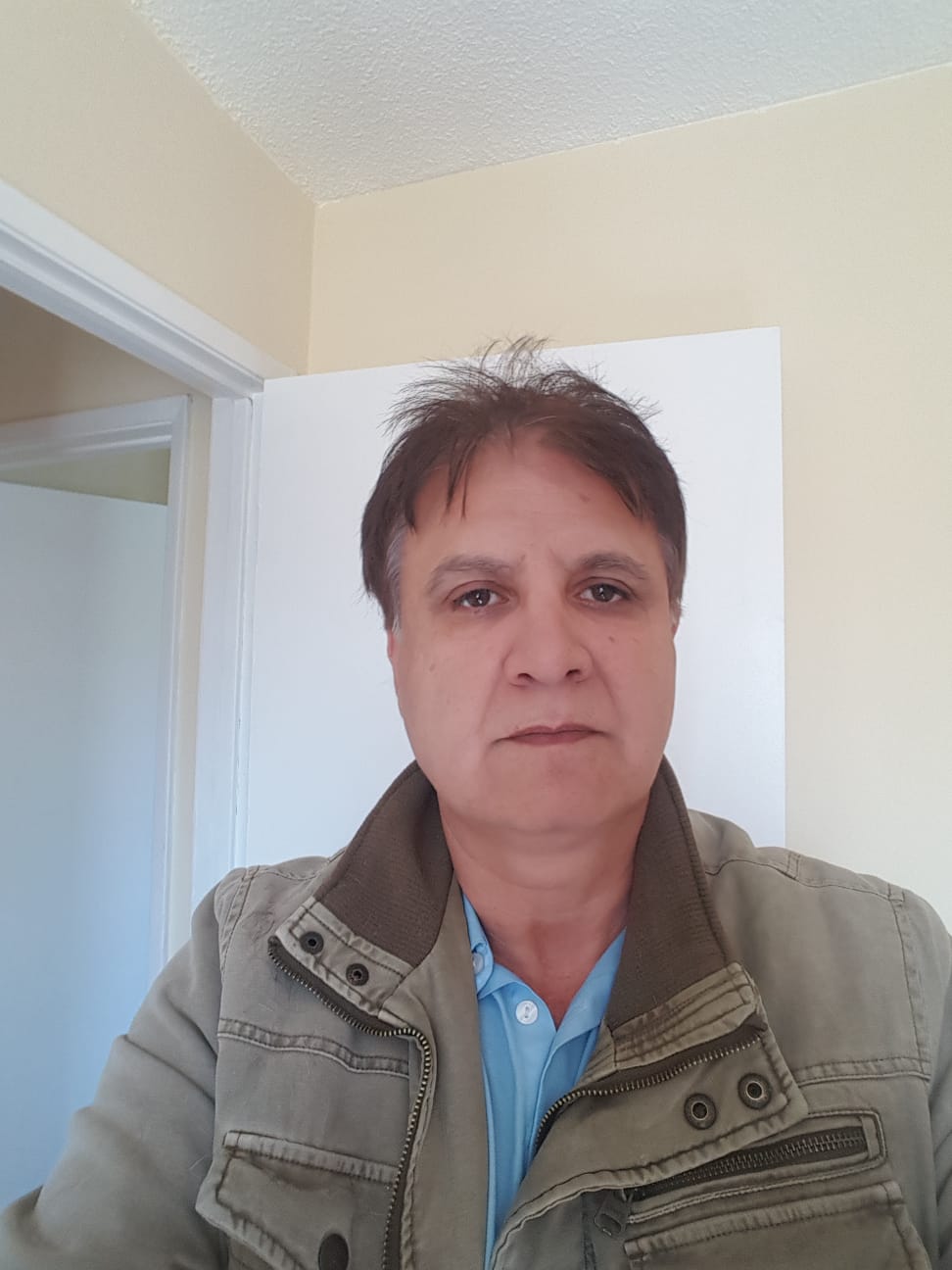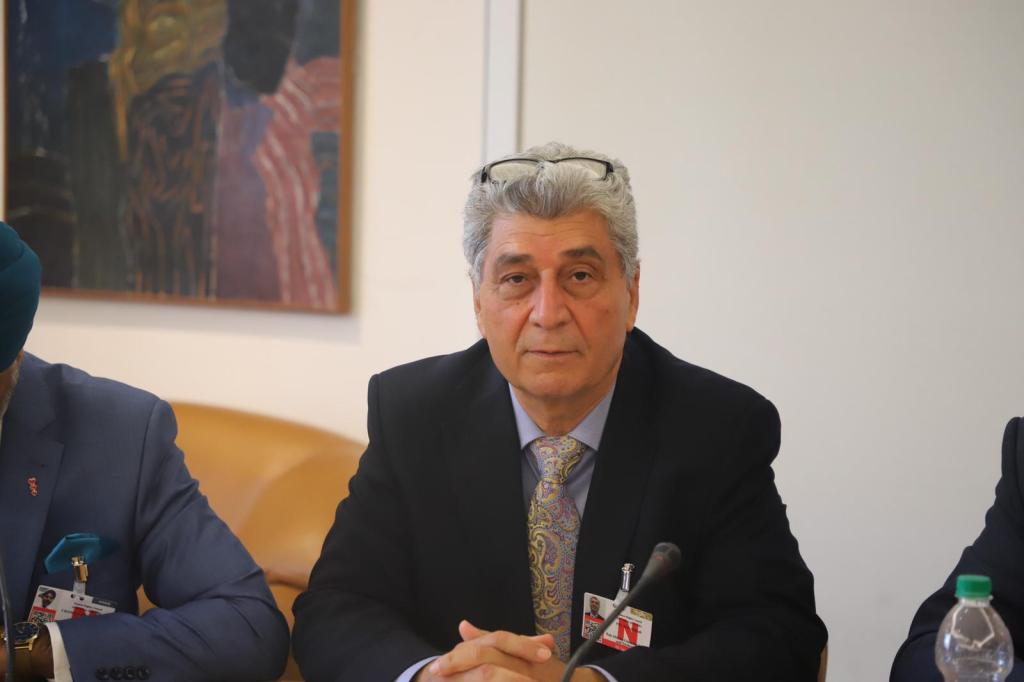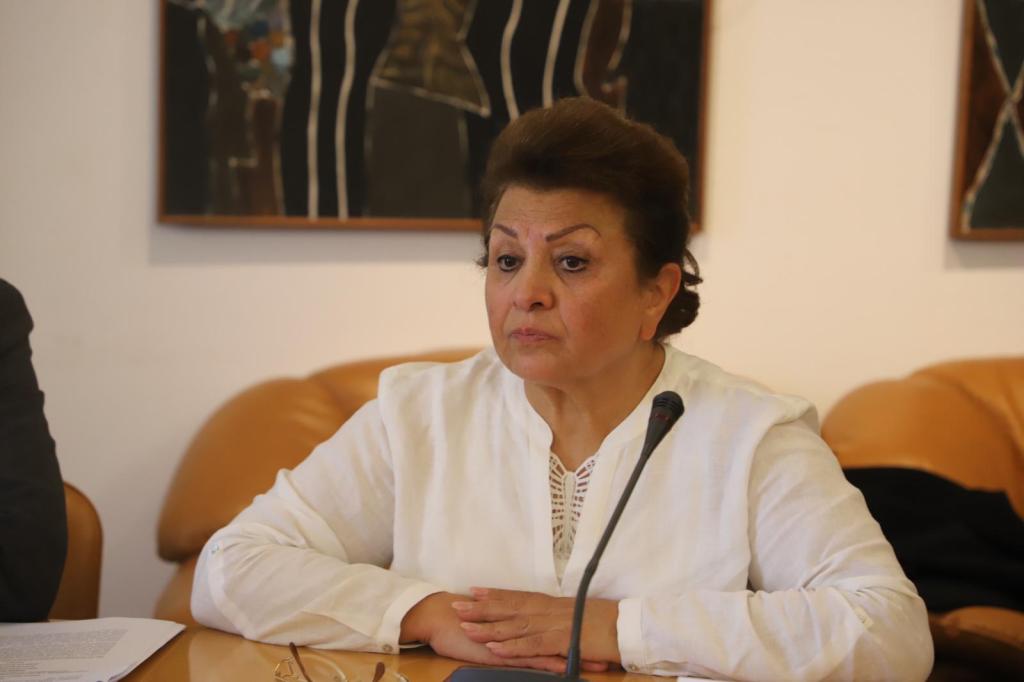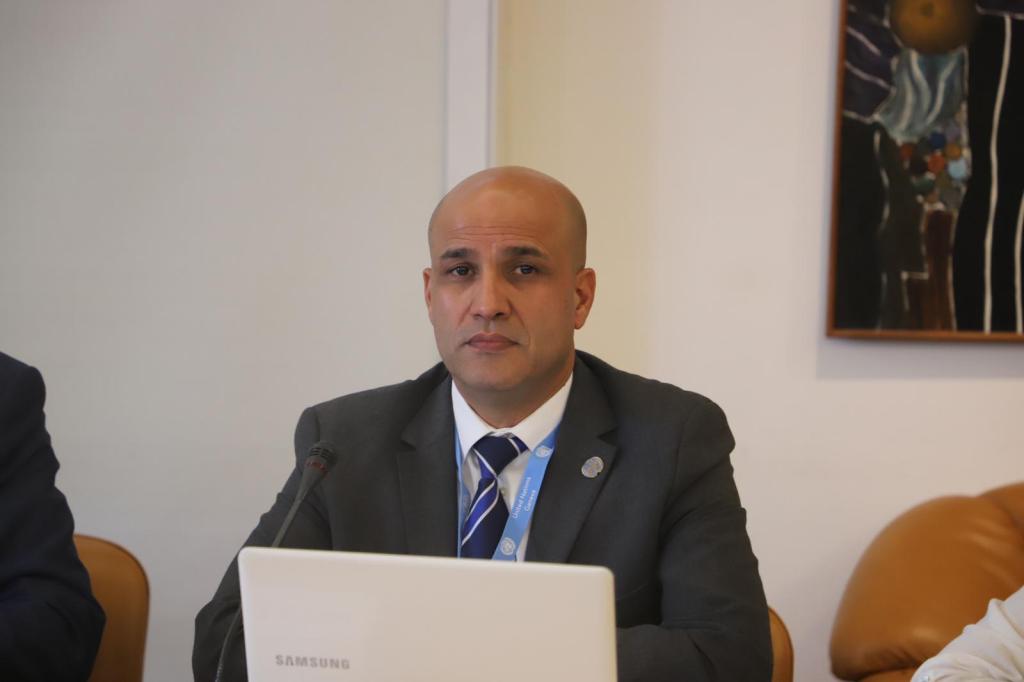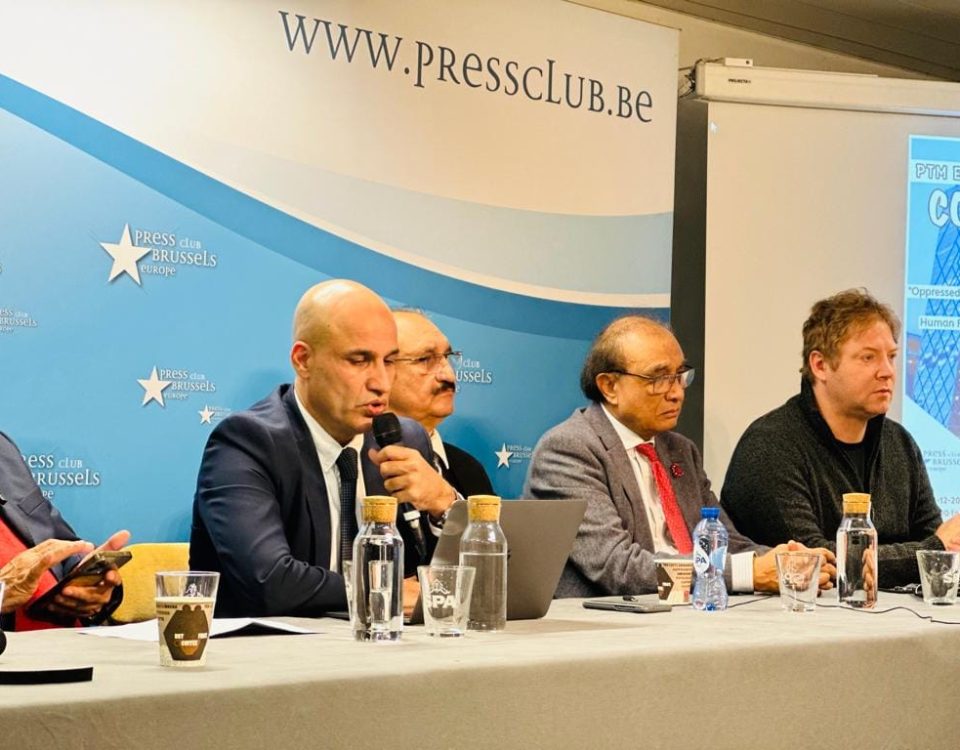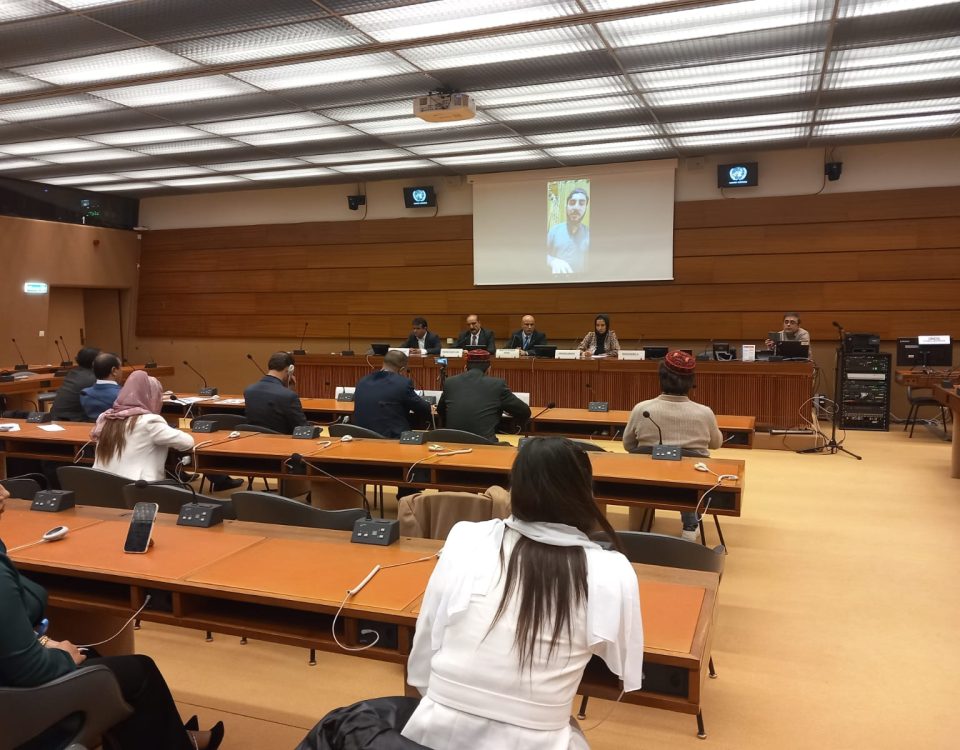- Have any questions?
- [email protected]

Members of European Parliament, letter on Extra-Judicial Killing of PTM leader Sardar Arif Wazir
May 2, 2020
South Asia Democratic Forum (SADF) hosted a webinar on ‘Persecution of Islam in East Turkestan’.
October 8, 2020Geneva, Switzerland: Monday 4 March , 2020
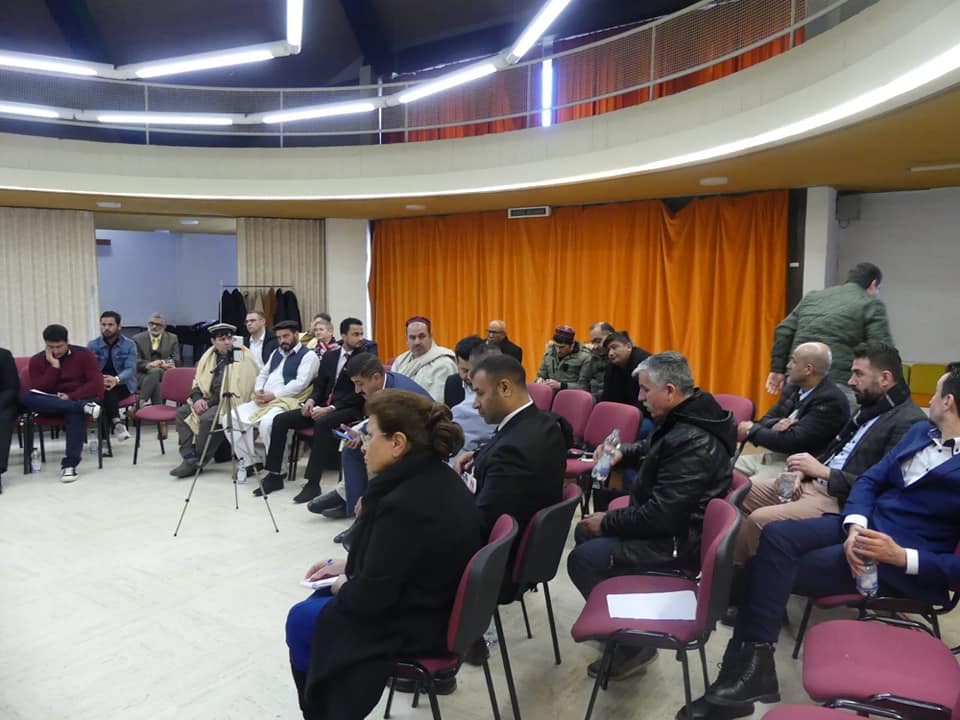
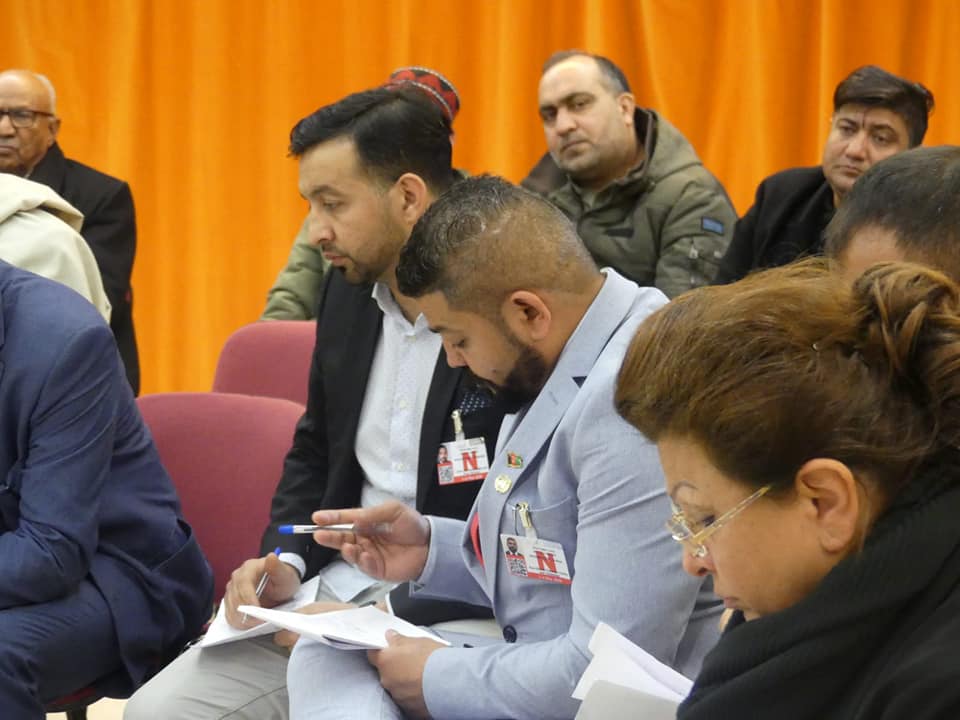
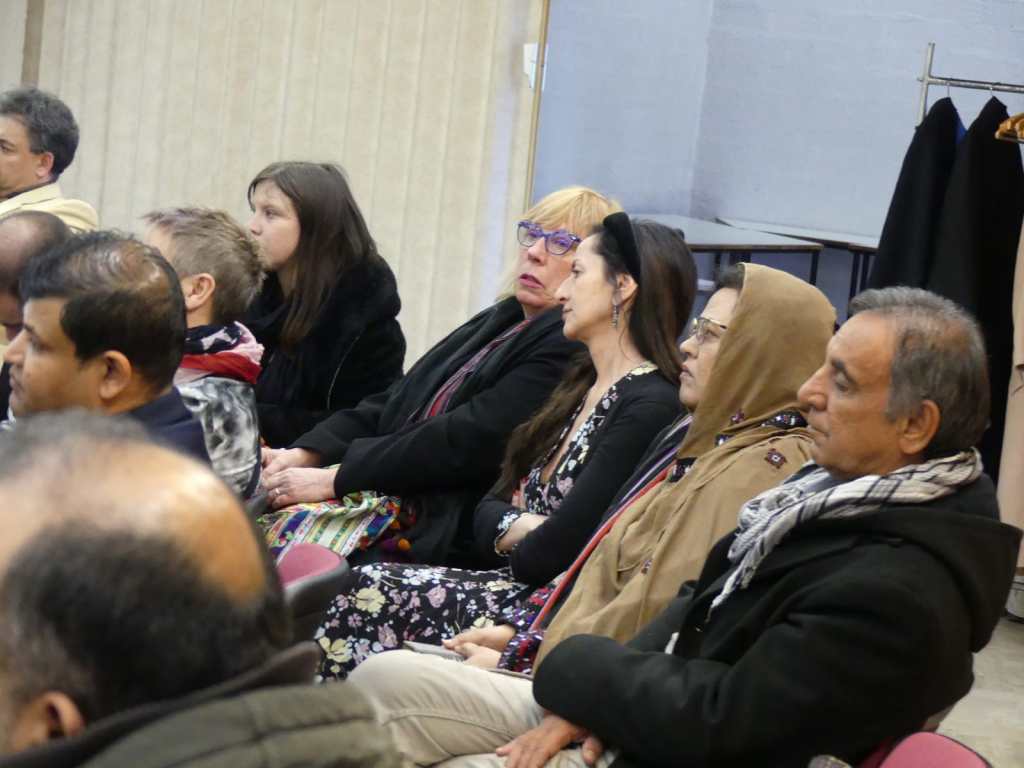
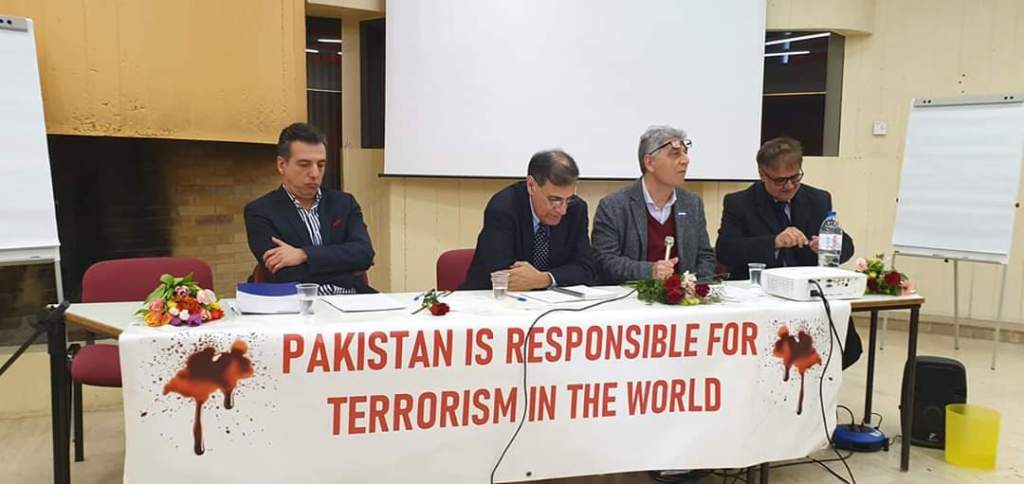
GENEVA SUMMIT- Pashtun-Afghan Strategic Dialogue
IRESK in collaboration with World Pashtun-Afghan Congress (WPC) organized the first of the series of International Conferences titled: Pashtun-Afghan Strategic Dialogue, on March 03-04, 2019 at Geneva, Switzerland.
The Venues:
DAY ONE: March 03, 2020.
Palais des Nation, Geneva. In a huge tent-camp erected in front of UN Headquarters in Geneva, Switzerland.
DAY 2: March 04, 2020.
JOHN KNOX INTERNATIONAL CENTRE, Chemin des Crêts-de-Pregny 27, 1218 Le Grand-Saconnex, Geneva, Switzerland.
MISSION of IRESK:
We put forward new ideas for out of box Political solutions including the right to self-determination for Pashtuns, supported by US, EU, UK, UN, and International Community for peace, development, prosperity and reconciliation in the region.
The participants and main speakers ranged from International Experts from Academia, diplomats, military experts, Journalists and civil society institutions; many with direct experience of conflict in Af-Pak region. These prominent experts and analysts discussed in detail the prevailing situation in the region, particularly the emergence of Pashtun Protection Movement (PTM), the rise of political awareness in Pashtuns and its implications for regional Peace & security; presented out of box solutions for resolving important issues. The experts deliberated upon the situation on the Pak side of disputed Durand Line where safe havens for terrorists are still posing a constant threat to Pashtuns and the world from where terrorists can plan and attack the International Community just like 9/11 in USA.
SPEAKERS:
Moderator: Prof. Fazal ur Rehman Afridi, President of IRESK.
Roh Gul Zekrullah: Mme. Zekrullah is a senior political analyst, professor of Psychology and Human Rights Activist. She is the Co-ordinator of Pashtun Protection Movement at Europe.
Prof. Roh Gul Zekrullah, said that the Pakistani Military is involved in the genocide of Pashtuns. The Pakistani Generals are treating Pashtun Afghans living on the other side of the Durand line as second class citizens and are involved in abductions, torture, enforced disappeances, arbitrary detentions and extra-judicail killings of Pashtuns on daily basis. She requested the international community and UN to take stern actions against Pakistan for these gross human rights violations.
Dr. RAHI Sediqullah: Dr. RAHI is a prominent Pashtun political leader and brother of former Afghan President Dr. Najibullah, who was assassinated by Talibans, the proxies of Pakistan. Being nostalgic about Dr. Najibullah era, millions of Pashuns pin their hope on him for resolution of their current issues.
Sediqullah Rahi, brother of former President of Afghanistan, Dr Najibullah, accused Pakistan of backing the Taliban to topple the elected government in Kabul. Speaking to Pashtun-Afghan Strategic Dialogue on the sidelines of 43rd session of UN Human Rights in Geneva, Sediqullah said the recent Afghan peace deal between the U.S. and the Taliban is against the will of the people in Afghanistan. “Who supported the Taliban since the day they came to Afghanistan, into political environment or political life of Afghan people? They are the military militia of the ISI, intelligence agency of Pakistan, and they supported them and that’s why, indirectly, if I said they are representing the Pakistani military, already the peace treaty which they signed with the United States, I am not believing them, I am not agree with and nobody in Afghanistan, the people of Afghanistan they are very upset with this deal and intellectual element in my country, in my society they are totally against the Taliban”, said Sediqullah, who now lives in the United States. He added, “Taliban is fanatic group in Afghanistan, religious fanatic and people of Afghanistan doesn’t want them and they are not agree with them Afghanistan people want a sacred country. Afghan society is Islamic society but unfortunately Pakistan wants to rule them under this banner and very good group for Pakistan to represent them in Afghanistan in their interest is Taliban”. On February 29, the United States and the Taliban signed a deal in Doha to end the nearly two-decade old conflict in Afghanistan that began after the Sept 11 attacks. The agreement lays out a timetable for the final withdrawal of United States troops from Afghanistan.
Professor Dr. Khalilullah Mermuz, a UK based professor and expert on Durand Line:
In his speech, he said, “ One of the reasons of this seminar is the Durand Line, but in South Asia we have problems as a whole in the region. Most of the scholarly writing about South Asia is generally revolves around colonisers, in that respect, my approach is slightly different. To me, not only was the colonisation of the region of South Asia a problem; to me the real problem was the process of de-colonisation. This is an issue where very little attention was paid in political scholarship or legal scholarship.”
He further elaborated, “the whole process of de-colonisation of South Asia took place contrary to international law, contrary to the will of people. Because when you are talking about international law, there are certain practices and most of these practices have already been codified in international convention. And this issue, of say for example, self determination, equality of civility, and what exactly people want; this issue was completely negated not only in the process of colonisation, but also in the process of de-colonization. And this is exactly why we have problems today.”
“In the process of de-colonization, instead of giving weight to the will of people, another sovereignty was created and named as Pakistan. Instead of rectifying, he British kept the division of Afghanistan, while at the same time divided India. So now, the problem is not only the Durand Line in the region, we have Radcliffe, line of control in Kashmir too. Furthermore, this defective process of de-colonization in turn resulted human rights violations and instability in the region.
Dr. Zakir Shah Sayad: Dr. Zakir Shah is a senior political leader/analyst, now what we call Khyber Pakhtunkhwa. There is a gross violation of human rights. And by who? By those Muslims who are saying we will protect you. In 1971, genocide took place in Bengal. Bengali people are Muslim. Baluch, Sindhis, we have Sindhis around us here. In this Islamic Sovereignty, not only Hindus, which are gradually vanishing, from Pakistan, which is contrary to international law, we are seeing the subjegation and genocide of Muslims.” He said.poet and prominent human rights activist. He is an expert on Af- Pak region particularly on Durand Line. He appears regularly on different TV and Radio programs.
Dr. Zakir Shah Syed Sadat said that he is fighting the case of Durand Line and informing the International Community about the implications of the this blood line for quite a long time but the International Community and organisations like UN are not responding to the aspirations and miseries of Pashtun Afghans who suffering due to this line which has devided them on one hand and put them under the terrorism of Pakistan and its proxies Taliban and other terrorist out-fits.
Caudia Heidelberg: Senior politician, poet and writer from Germany. Director of US-Based Think Tank Balochistan Project. She is author of four books on different issues. She is an expert on Baloch issue and has contributed a lot on issues related to Balochistan. Now, she has started taking interest in Pashtun issue.
She supported the views of Majority Pashtuns who are the direct victims of the imposed Durand Line. She reiterated her commitment to support Pashtuns and Balochs in their right to self-determination and sovereignty on their land and resources.
Prof. Naela Quadry Baloch: She is a Senior Baloch political Leader and well known feminist. Head of the World Baloch Women Forum. Known as The Iron Lady of Balochistan. As she remained in exile for some time in Afghanistan, she is really impressed with the love and hospitality of Pashtun-Afghans and has a keen eye on Pashtuns issues.
Prof. Naela Quadry Baloch argued that the state of Pakistan and china are using Pashtun, Baloch and minorities and their land, as well as their resources for terrorist activities and the only solution to the problem is to get independence from the occupied state of Pakistan. She said, “The occupied land and nations in Pakistan must get freedom, independence, sovereignty, so there should be no Pakistan, no terrorism, no resources and land of occupied people can be used by Pakistan or China for their nuclear terrorism, which is the biggest threat to the world.
Shahi Khan Sadat: Mr. Sadat is a writer, poet and human rights activist. He received his degree in International Relations from San FRANCISCO State University. He joined the US Department of Defense, where he worked as interpreter/cultural adviser. He worked as Senior Instructor at the Defense Language Institute (DLI) at Monterey, California. He is the author of two books DANCING TERROR and Tears of the Heart.
Shahi Khan Sadat informed the audience that Pakistan is using the other side of the Durand line as terrorist sanctuary and it is from this sancturary that terrorists are sent to Afghanistan for strategic depth and to Indian Kashmir to fight an assymetic war with India. Even, internationally, in almost every terrorist incident, there is a mark of Pakistan’s involvement.
Pir Riaz Afghan: : Mr. Afghan Pir Riaz is a senior political leader/analyst and prominent human rights activist. He is an expert on Af- Pak region particularly on Durand Line. He is very prominent figure among Pashtuns particularly, the young generation due to his active role on social media. He appears regularly on different TV and Radio programs.
Mr. Afghan Pir Riaz, said that the it is proved through historic documents and International law that Durand Line has no legitimacy and it should be removed as soon as possible in accordance with the aspirations of the Pashtun-Afghans on both side of the bloody line.
The participants and main speakers ranged from International Experts from Academia, diplomats, military experts, Journalists and civil society institutions; many with direct experience of conflict in Af-Pak region. These prominent experts and analysts discussed in detail the prevailing situation in the region, particularly the emergence of Pashtun Protection Movement (PTM), the rise of political awareness in Pashtuns and its implications for regional Peace & security; presented out of box solutions for resolving important issues. The experts deliberated upon the situation on the Pak side of disputed Durand Line where safe havens for terrorists are still posing a constant threat to Pashtuns and the world from where terrorists can plan and attack the International Community just like 9/11 in USA.
Fazal ur REHMAN Afridi, organizer and moderator of the conference discussed in details the mineral and natural resouces of Pashtunistan and said that Pakistan is known to be plundering the resources of Pashtuns. According to Said Alam Mehsood, KPK is energy surplus Province but still suffers from hours of loadshedding on daily basis. KPK produces the cheapest hydel electricity of 5700 MW while its consumption needs are only about 1,500 MW. The cost of hydel electricity per unit is 1.25 Pakistani Rupees but the same electricity is re-sold to Pashtuns on 19 Rupees per unit. Electricity is produced by PKP but its distribution is controlled by Punjab. Even the Royalty of electricity produced is not given to Pashtuns. KPK has the potential to produce over 70,000 MW of cheap electricity but central government controlled by Punjabi elite does not let this potential to be exploited.
PKP provides for more than half of the oil demand of Pakistan and produces gas also, but the oil refineries are established in Punjab, which deprive the Pashtuns of thousands of jobs and their right to exploit and further explore the energy potentials in their region.
Similary, no royalty is given to Pashtuns for uranium produced in Karak and Lakki Marwat Areas with the excuse that it is defence matter. But when it comes to treating the cancer patients caused by radioactivity, nothing is done in terms of compensation and treatment of cancer patients.
The vast natural resouces and forests of Pashtunistan are not exploited for the benefit of locals because the central government controlled by the Punjabi elite does not want Pashtun dominated areas to be developed. Instead, militancy and radical Islam are propagated and imposed by establishing about 20,000 madrassas (religious Wahabi schools) to destroy already established infrastructure of tourism and economy of the region. The anti-Pashtun policies of Punjabi elite have been catastrophic for Pashtun social, economic, political and demographic conditions. With no jobs and future prospects in the own land, more then 10 million Pashtuns have been forced to migrate to other countries in search of their livelihood.
Pashtun Tahafuz Movement (PTM):
According to PTM, during the last two decades in the so-called war on terror more than 75,000 innocent Pashtuns have been killed extra-judicially, 32000 are forcibly disappeared and 6 million people have been internally displaced. 1,400 notables were killed who tried to oppose the occupation of Tribal Areas (now illegally merged into KPK) by Pakistani army and its proxies like Taliban. Every educated and liberal Pashtun is the target of religious fanatics supported and sponsored by Pakistan.
The main topics discussed & deliberated upon during the conference were as under;
- Human Rights Abuse in Pakistan against ethnic minorities particularly Balochs, Sindhis & Pashtuns, including freedom of expression, arbitrary detention, torture, enforced disappearances, extra-Judicial killings. A slow genocide of Pashtuns is underway.
- Terrorism as State Policy of Political Coercion & Theological oppression: Pakistan’s Proxy wars- propagation of radical Islam as an ideology of state and terrorism by recruiting, training and financing terrorist groups like Lashkar-e- Tayaba, Jaish-e-Mohammed, Taliban and Haqqani Network. Oppression of religious and ethnic minorities.
- PTM- A grass root level non-violent political Movement: its role in political awareness, countering terrorism & fundamentalism; and bringing Peace & stability in the region.
- The Pashtun-Afghan Identity: the systematic destruction of Pashtun identity, language, culture and traditions. How to promote the bright liberal face of Pashtuns to the world.
- Durand Line- time to revisit a blood border; separating a nation?
- The illegal exploitation, occupation and plunder of our Resources and minerals: the issue of sovereignty on our land & resources, controversial Khyber Pakhtunkhwa minerals governance (amendment) Act 2019.
It is to be noted that the second of the series of Strategic Pashtun-Afghan Dialogue, will be held in November, 2020 in Paris, France.
Note: Geneva conference is the first of the series of conferences to be held in Paris, London, Frankfurt and Geneva each year with the publishing of academic papers, declarations and follow up to be sent to governments, academic institutions and international organization like UN.
